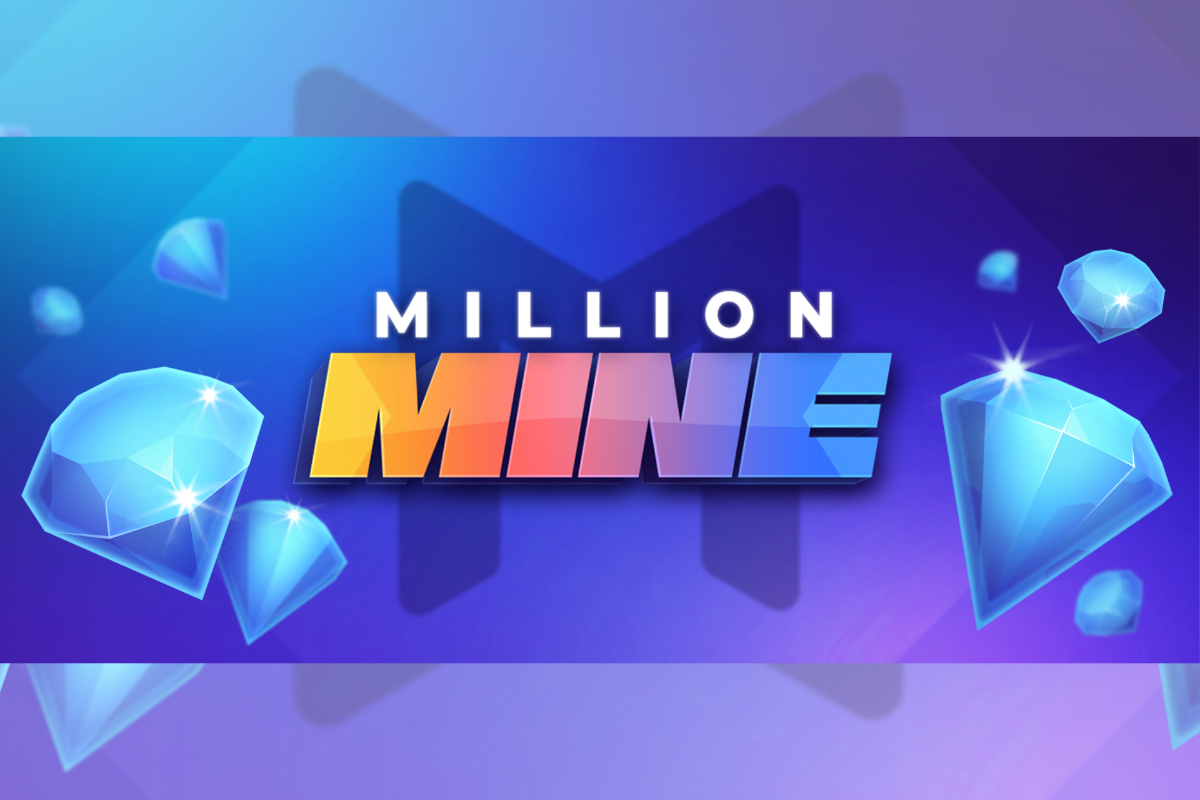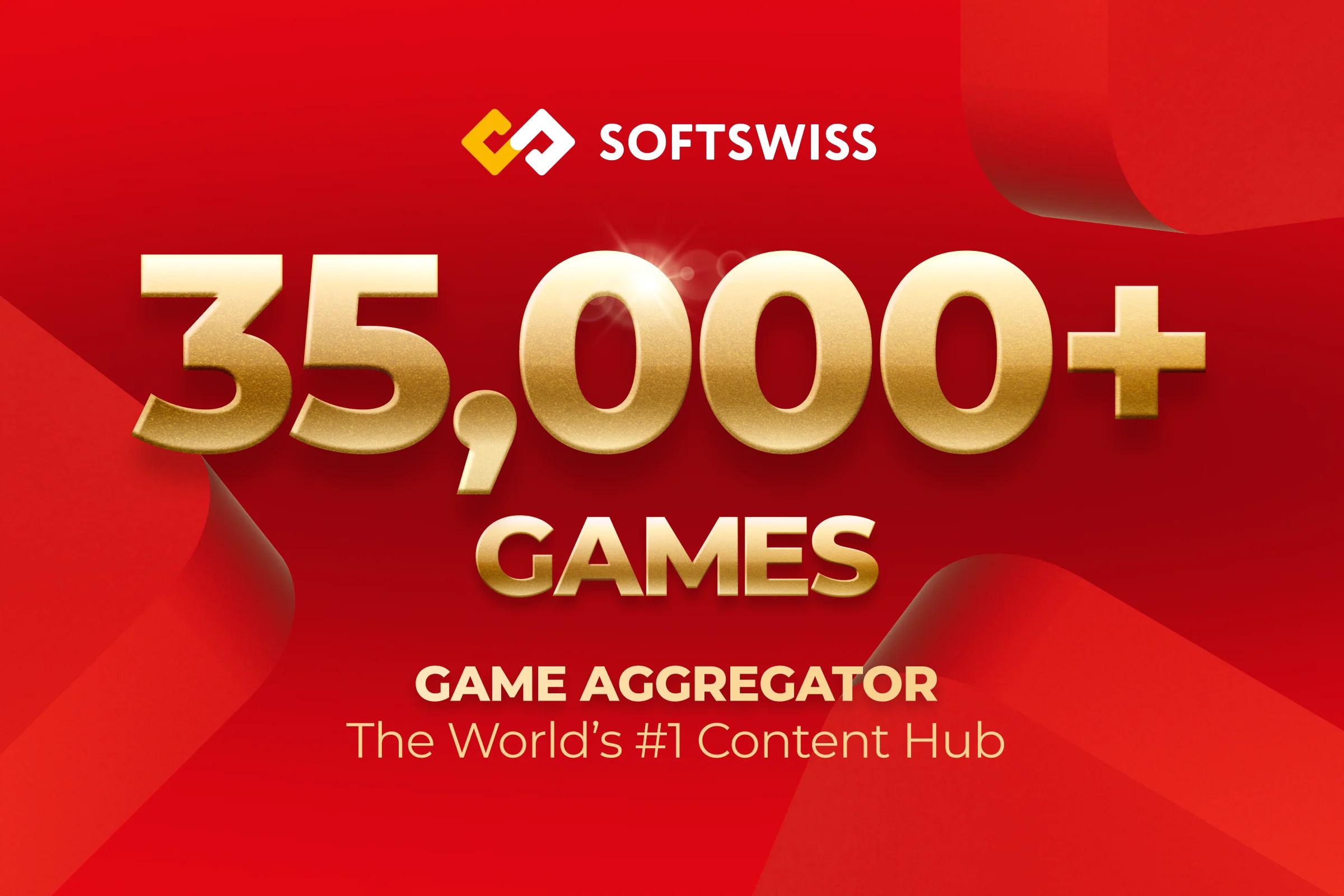Canada
Quebec tries to Ban all private gaming websites again
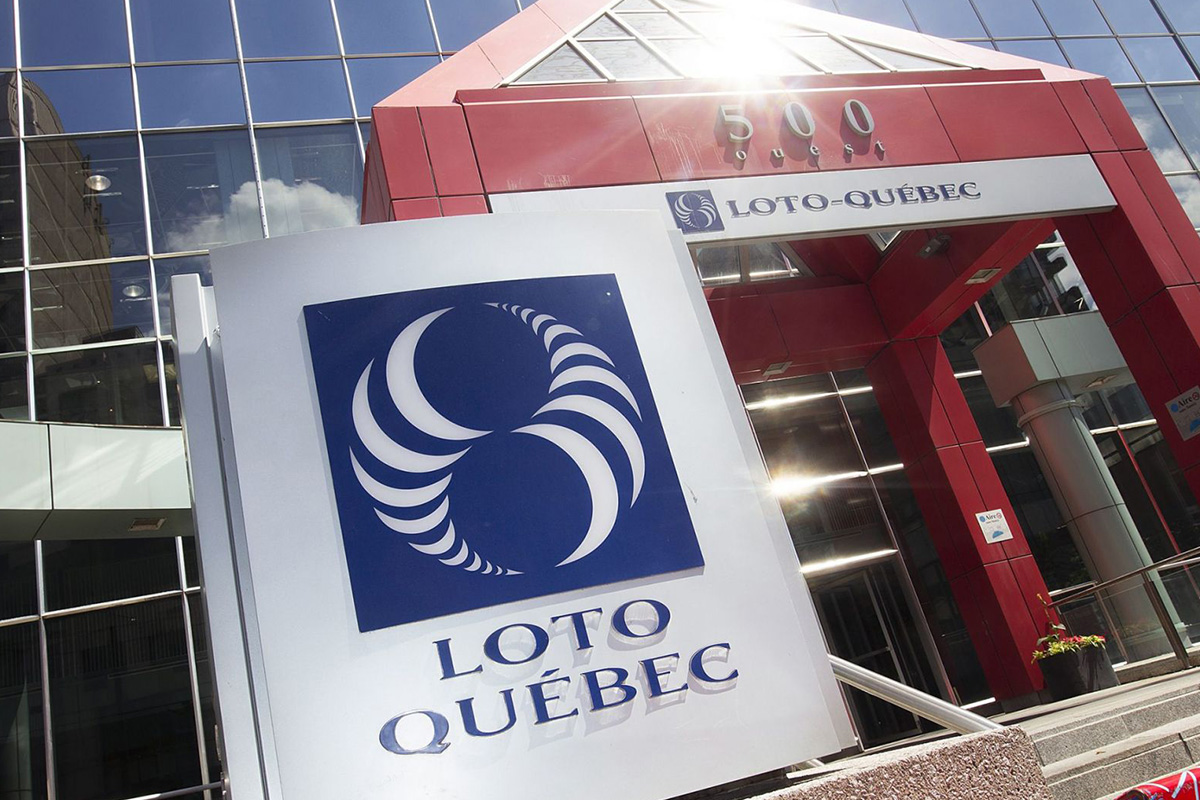
The government of the Canadian state of Quebec has started another attempt at closing down all non-government gaming websites. This should come as bit of a surprise that only recently that Quebec Supreme Court ruled that such measures are unconstitutional.
The state’s legislators are hoping that the decision would be reversed in an appeal.
The Attorney General of Quebec has filed an official appeal with the Department of Justice this week.
History
The issue first reared its head in May of 2016 when lawmakers in Canada’s French province passed Bill 74. That piece of legislation required Internet Service Providers (ISPs) to block public access to all unlicensed online gaming sites – i.e., any site that was not being run by the province.
Quebec proposed creating a list of about 2,200 banned websites, which would be given to the ISPs, who would then be forced to ban some 8.2 million residents from accessing those sites. It suggested a $76,000 fine for any transgression.
Since the province does not license any other sites but its own, the bill would have given Loto-Quebec, the body which oversees all gaming activity in the region, an effective monopoly. Such a move would have put them in the company of countries like Russia, Iran, and China, which have all tried to implement similar bans in the past.
At the time, legislators solid the bill as a matter of public health and safety. Legislators insisted that unlicensed sites were causing gambling addiction and corruption in society – a claim that the Supreme Court eventually called “disingenuous.”
Cut and Dried Decision
The controversial bill was challenged by Canadian Wireless Telecommunications Association (CWTA), an industry body which includes several ISPs. It sued the government, arguing that the ban would not only be expensive and ineffective, but also against net neutrality.
The judge presiding over the case agreed and added that Bill 74 was not only against the public interest, but was also a clear violation of the Canadian Radio-Television Commission Act.
Justice Pierre Nollet was not buying the argument that government was only trying to protect consumers.
“Its pith and substance is to prevent online gambling not set up and operated by the province from being ‘communicated’ by ISPs and not the protection of consumers or their health,” Nollet wrote in his decision.
Despite what appears to be a firm legal defeat in the province’s top court, the pending appeal proves that the province is still holding out hope that it can eventually implement its site-blocking strategy.
Source: casino.org
-

 Latest News7 days ago
Latest News7 days agoFlutter Entertainment: Q2 2025 Update
-
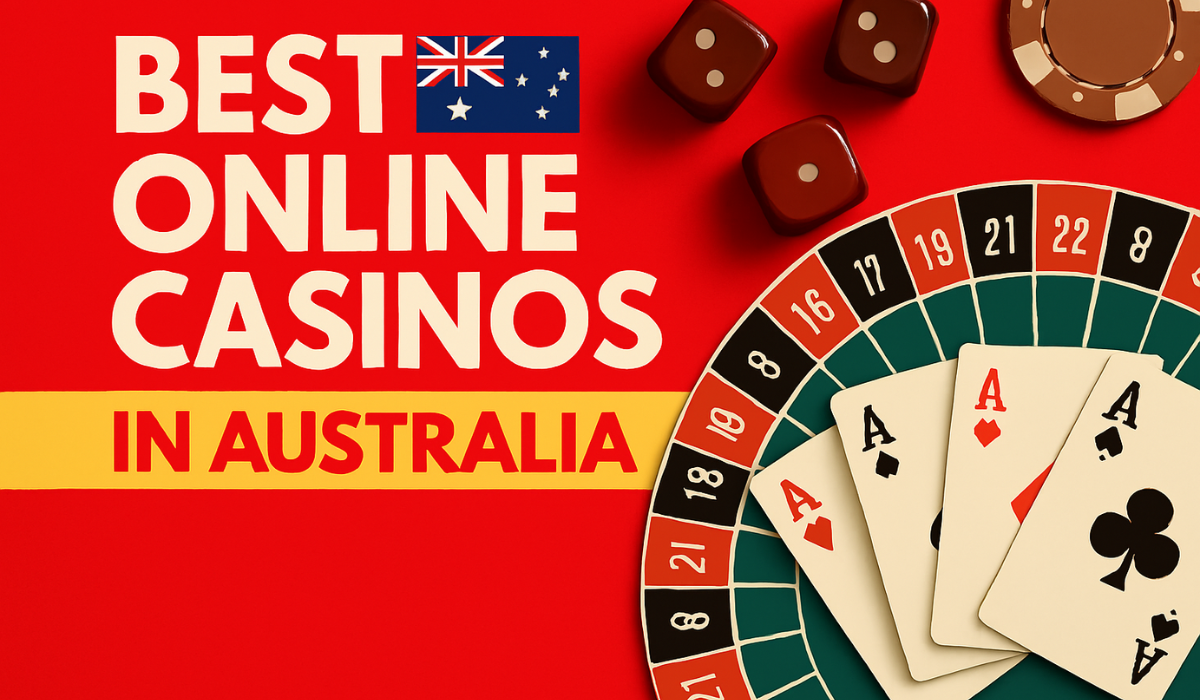
 Latest News7 days ago
Latest News7 days agoBest Online Casinos Australia 2025: 5 Top Real Money AU Casino Sites (Top Pokies)
-

 Latest News4 days ago
Latest News4 days agoBest 25+ Provably Fair Crypto Casinos & Gambling Sites 2025
-

 Latest News4 days ago
Latest News4 days ago10 Best Bitcoin Casinos: Top Bitcoin & Crypto Gambling Sites of August 2025 Ranked!
-

 Africa4 days ago
Africa4 days agoLogifuture-powered Bet9ja partners with heavyweight boxing sensation Moses Itauma
-

 Latest News4 days ago
Latest News4 days ago10 Best Online Casinos Europe in 2025 | Listed Top-Rated European Casino Sites (Latest Update)
-
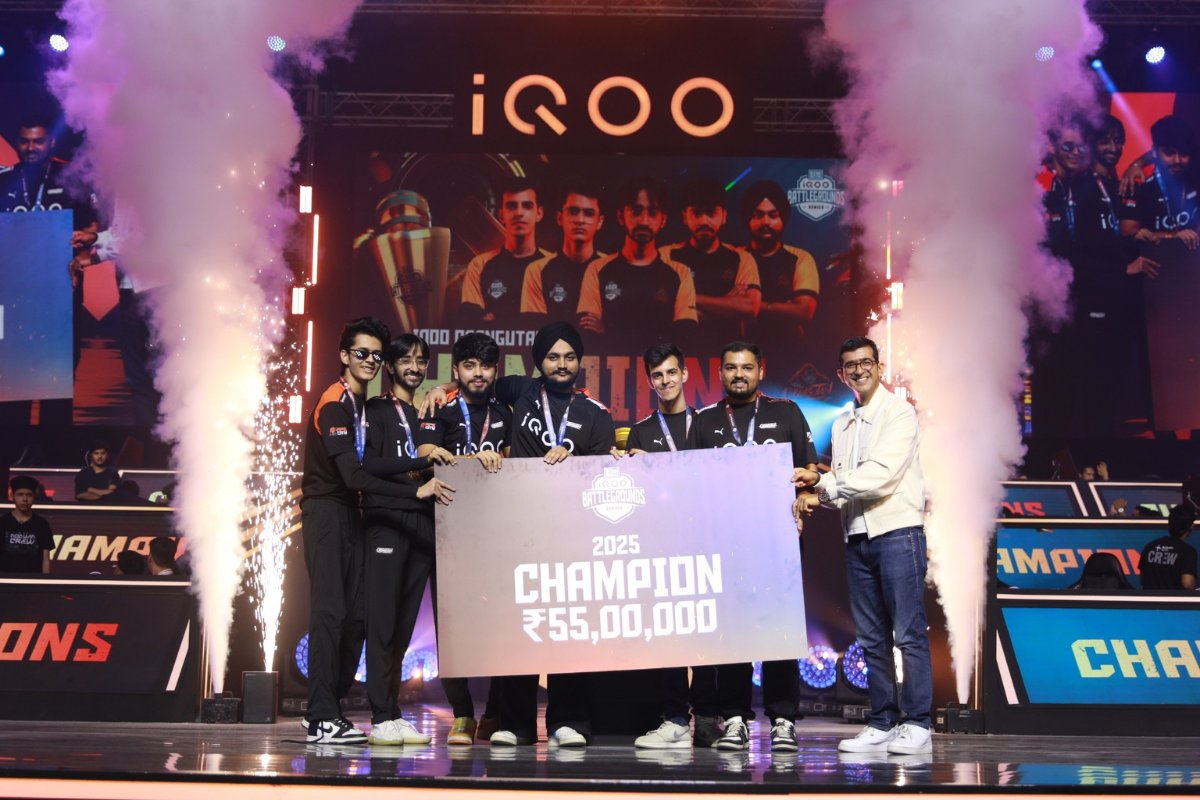
 Asia4 days ago
Asia4 days agoOrangutan Gaming crowned champions of the inaugural iQOO Battlegrounds Series; bag INR 55 lakh in prize money
-

 Latest News4 days ago
Latest News4 days agoBest Crypto Casinos 2025: 5 Top Bitcoin & Crypto Casino Sites For Instant Withdrawals (August Update)









